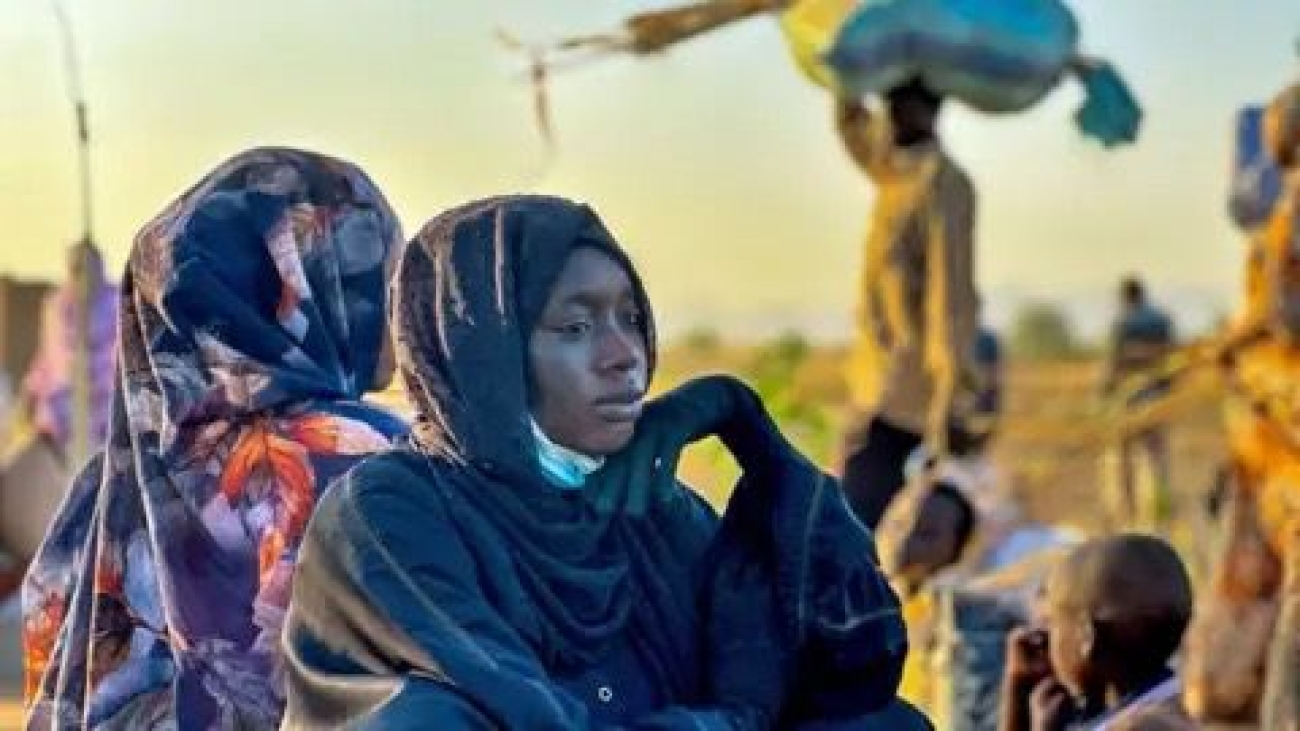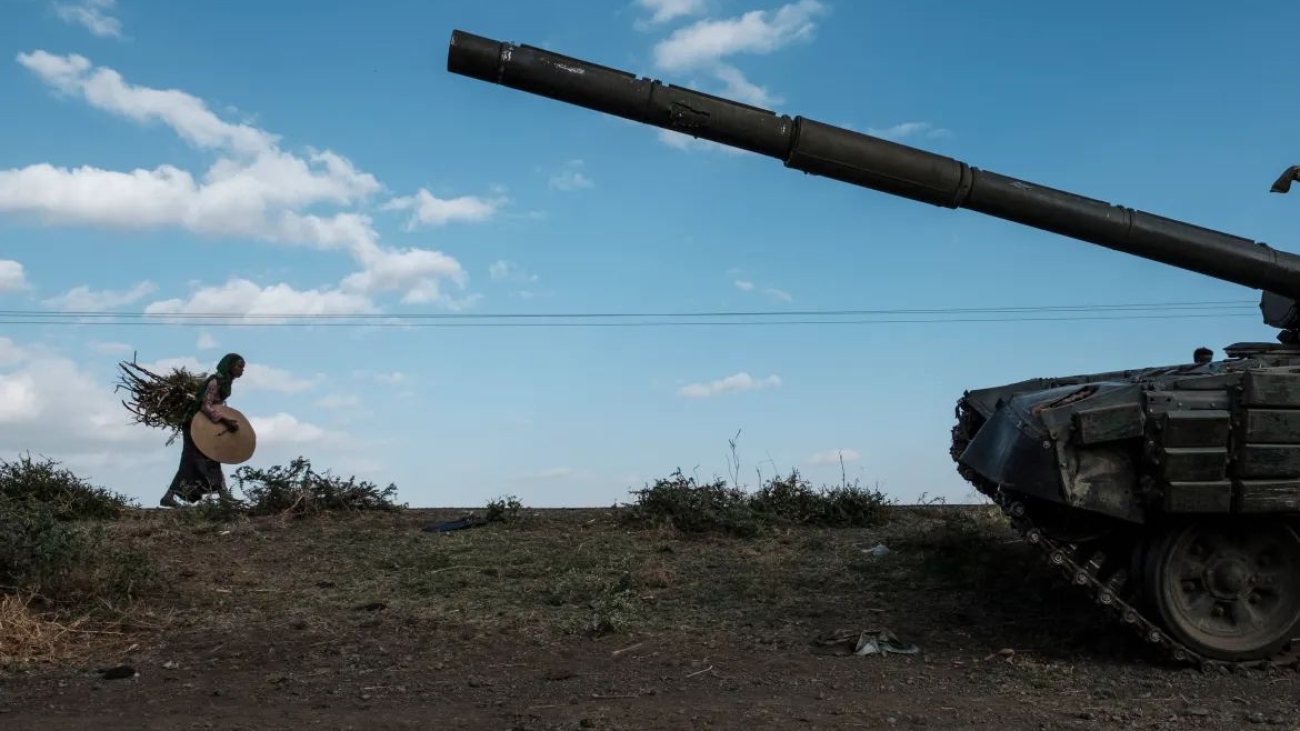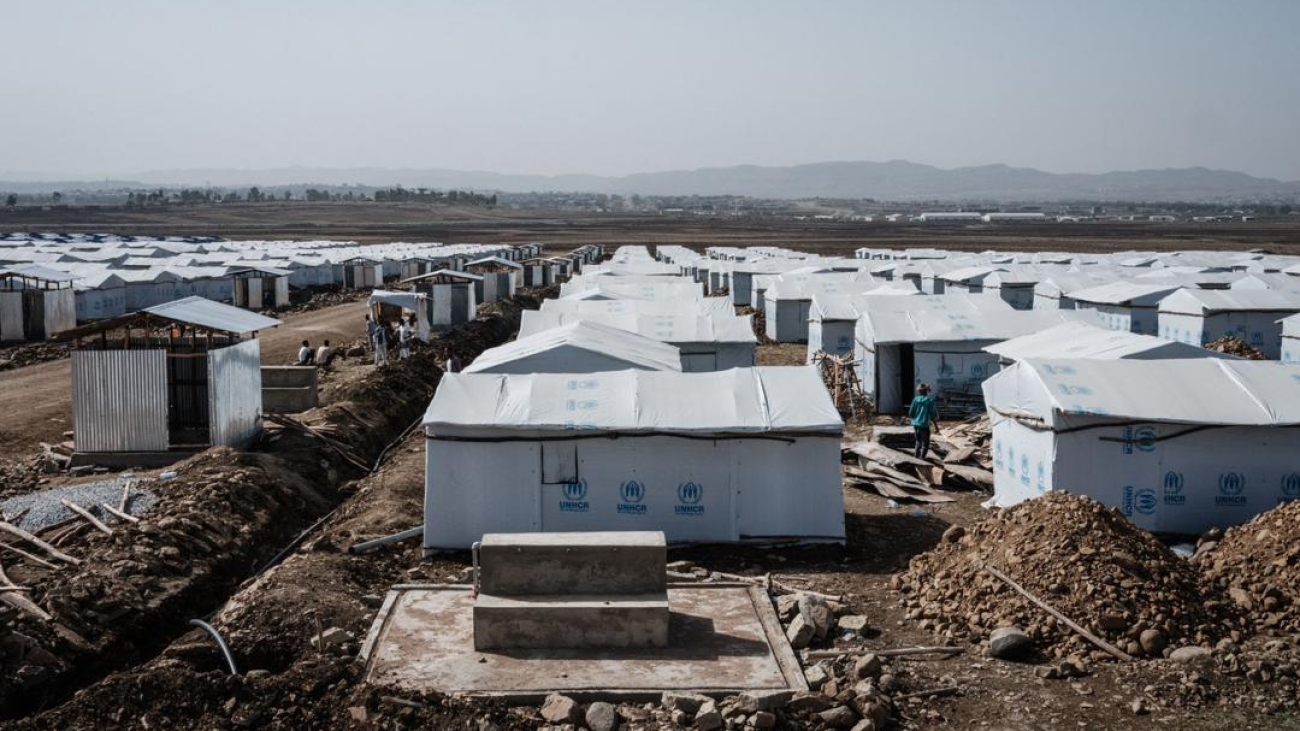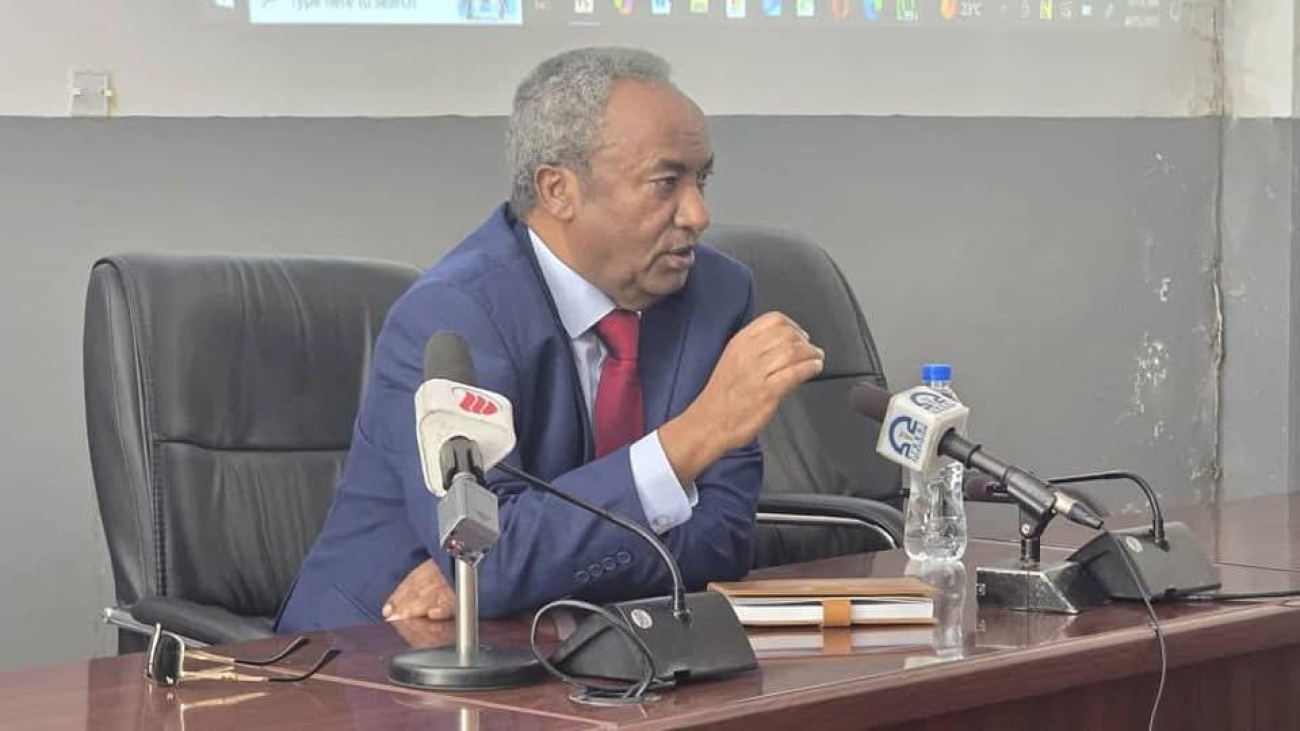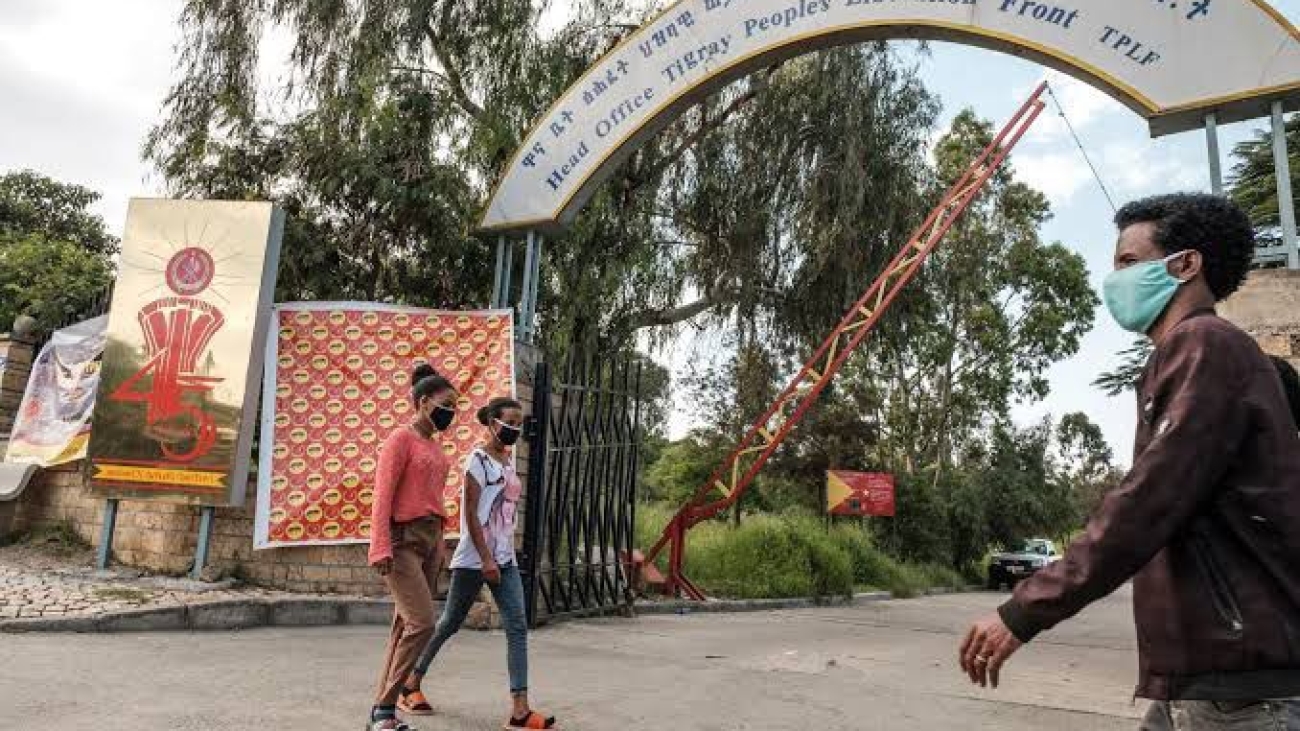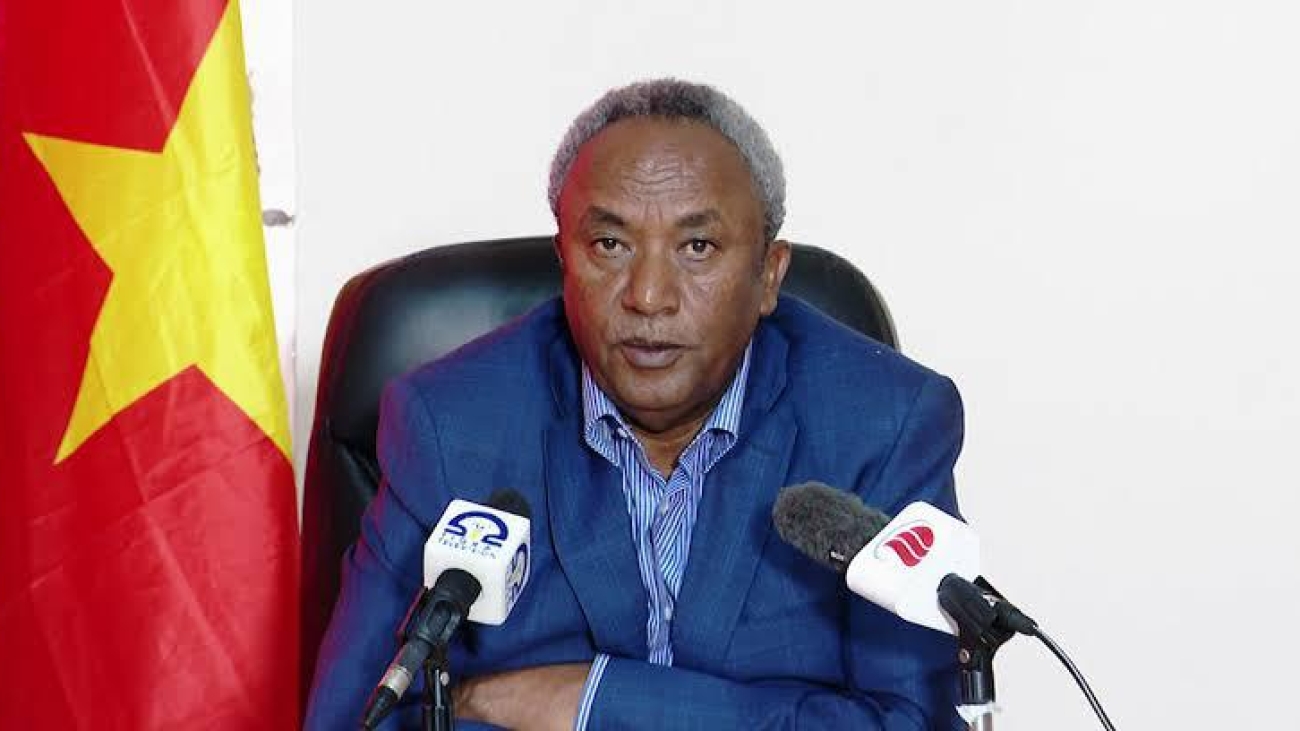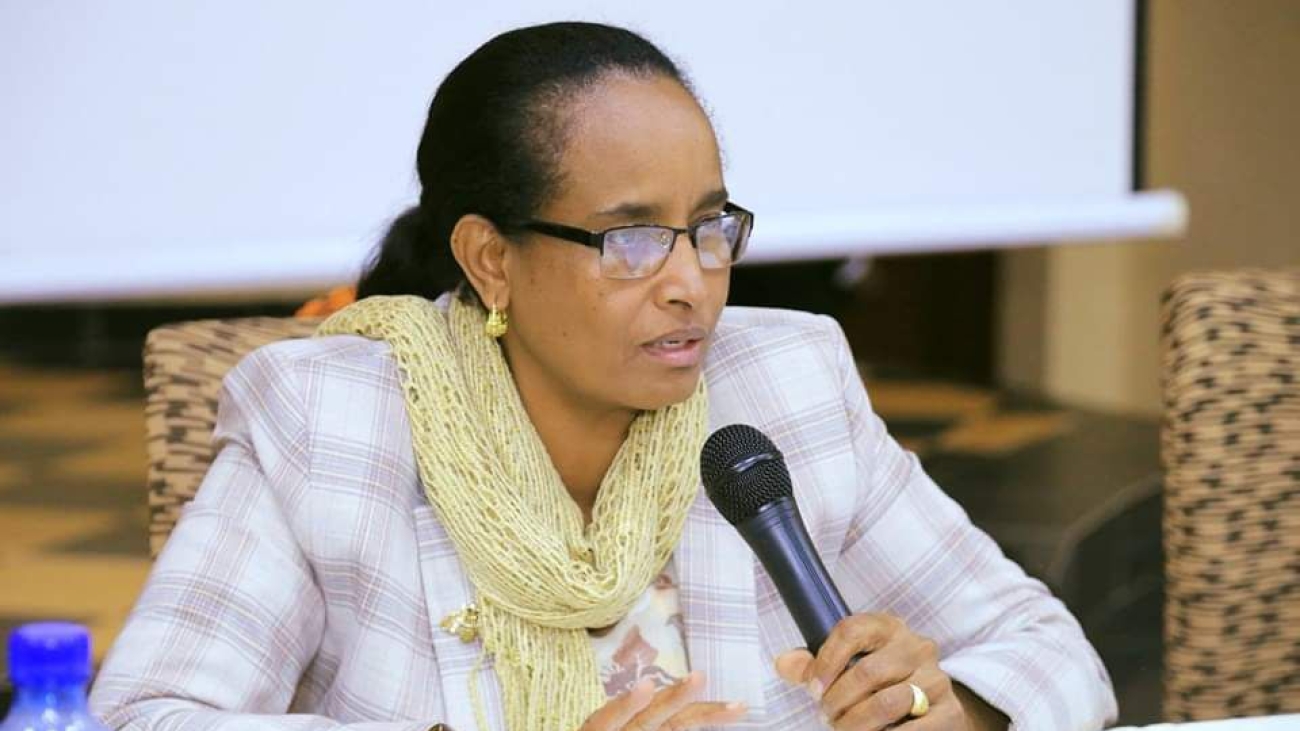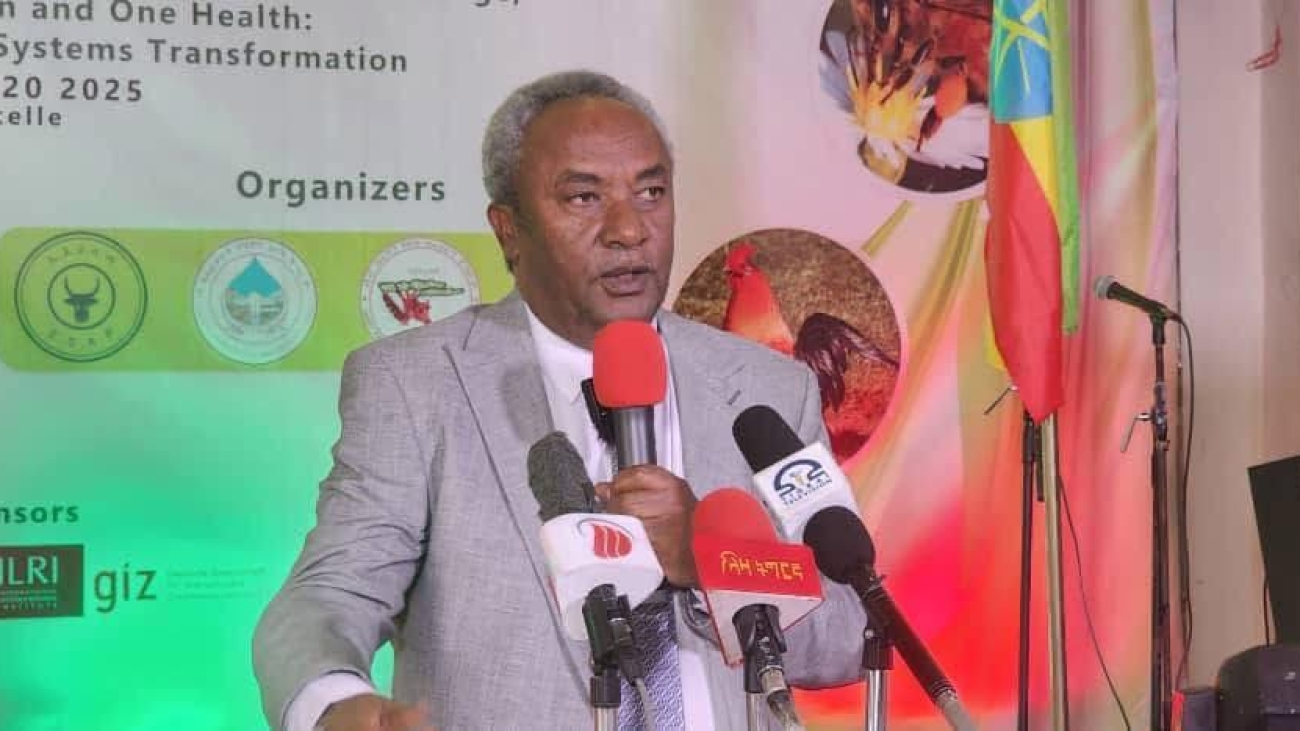A coalition of Tigrayan women’s rights groups and human rights advocates has issued an open letter of solidarity to the women and girls of Sudan, condemning the escalating violence against civilians and expressing solidarity with the women and girls of Sudan, as reports of mass killings and sexual violence continue to emerge from the country’s worsening civil war. The Open Letter of Solidarity to the Women and Girls of Sudan, signed by 8 Tigrayan organizations and others human rights advocates condemned what they called the “systematic use of weaponized sexual violence, killings, displacement, and destruction of livelihoods” in Sudan.
“We recognize your pain, your strength and your courage,” the letter reads. “What is unfolding in Sudan today is a humanitarian, human rights, and moral catastrophe.”
The Tigrayan organizations called for immediate international action to End hostilities by all parties and protect civilians, especially women and children, Ensure unhindered humanitarian access for lifesaving assistance, Restore and support sexual and reproductive health services, Establish safe shelters, dignity kits, and secure spaces for women and girls and Strengthen local women’s organizations and community-based protection networks as first responders. The letter urged the United Nations Security Council, the Office of the Special Representative of the UN Secretary-General on Sexual Violence in Conflict, the African Union, IGAD, and other regional and international bodies to move beyond “statements of concern” and take “concrete, coordinated action.”
The coalition also criticized the African Union and IGAD for what it called inaction, alleging that regional powers have overlooked armed groups “financed and supported by foreign entities” responsible for killings, sexual violence, and other abuses.
The groups appealed to donors and humanitarian partners to “prioritize funding for women-led organizations” and to ensure that “protection and gender-based violence programming remain integral to the humanitarian response.” They also called on “all global feminist movements, civil society actors, and human rights defenders to break the silence, speak out, mobilize, and act,” adding that “true solidarity is measured not by sympathy, but by action.”
“As Tigrayan women who have witnessed and survived similar horrors of weaponized rape and sexual violence, we affirm our solidarity and shared struggle for justice and dignity. We recognize your pain, your strength, and your courage. We see you, we hear you, and we stand with you.” the letter said
The Tigrayan women’s organization and advocates letter comes as Sudan’s civil war intensifies, with reports of mass atrocities following the Rapid Support Forces’ takeover of El Fasher, the last Sudanese Armed Forces stronghold in North Darfur last week. The seizure has given the paramilitary force de facto control of more than a quarter of the country’s territory after months of siege. Humanitarian agencies report that thousands of civilians were killed or went missing during and after the city’s fall with numerous accounts of executions, mass graves, and widespread sexual violence. Aid groups warn that millions remain trapped without food, medical care, or safe passage.
The U.N. human rights office said hundreds of civilians and unarmed fighters may have been killed during the takeover. The International Committee of the Red Cross have also warned that atrocities in Darfur are echoing those of the early 2000s. “It’s history repeating, and it becomes worse every time a place is taken over by the other party,” ICRC President Mirjana Spoljaric told Reuters.
The United Nations estimates over 30 million people now need urgent humanitarian assistance, among them 9.6 million displaced from their homes and nearly 15 million children caught in a struggle for daily survival. Aid groups warn of looming famine and spreading outbreaks of cholera, dengue, and malaria as infrastructure collapses and access to medical care remains severely limited. More than 260,000 people, 130,000 of whom are children, have been isolated under a siege imposed by the RSF on El-Fasher, the capital of North Darfur state, for more than 16 months, and deprived of access to food, water, and medical care.
The Sudanese army and the RSF have been fighting a war since April 2023 that has killed more than 20,000 people and displaced 14 million, according to the UN and local authorities. Efforts of peace talks led by Saudi Arabia, the United States, UAE and Egypt have stalled, while regional mediation through IGAD has yielded little progress.
The United Nations , humanitarian organizations and human rights bodies have stressed that without urgent action to halt the conflict and deliver lifesaving aid, the humanitarian crisis in Sudan will continue to deepen, putting millions of civilians at extreme risk.



